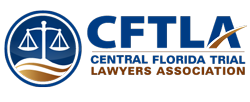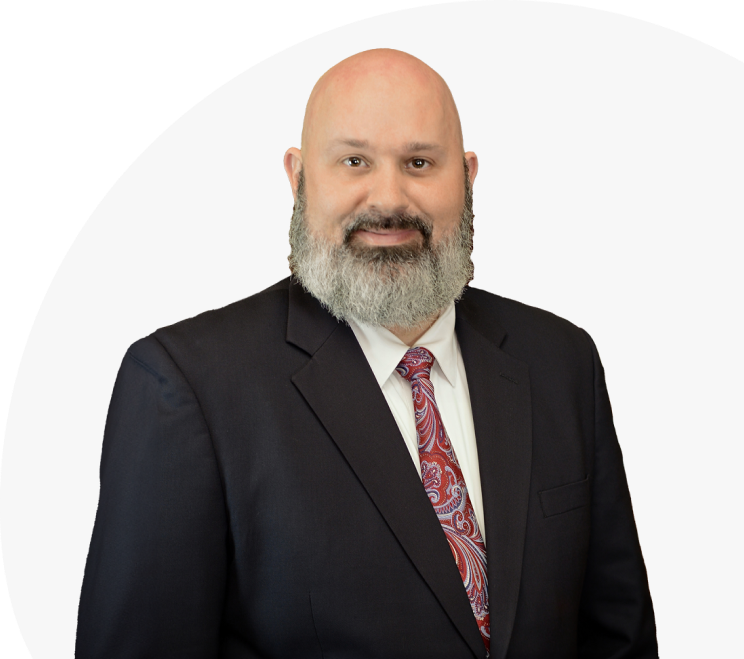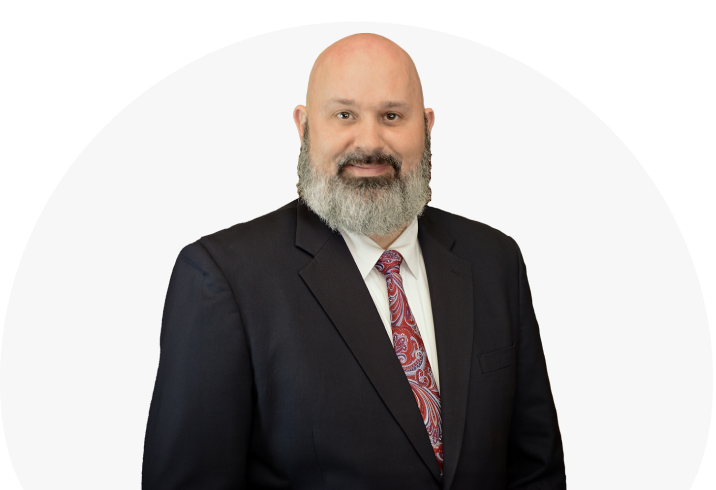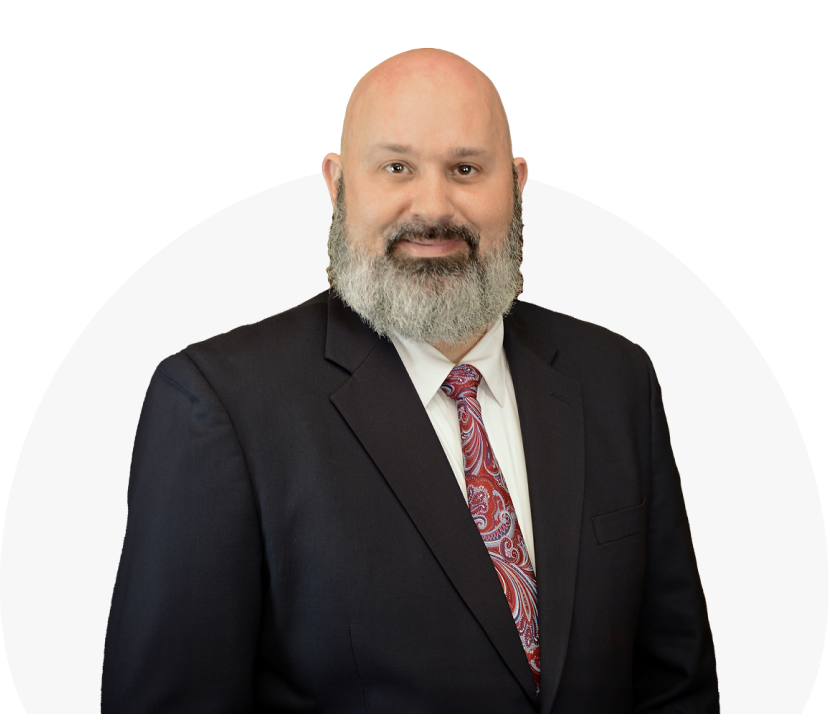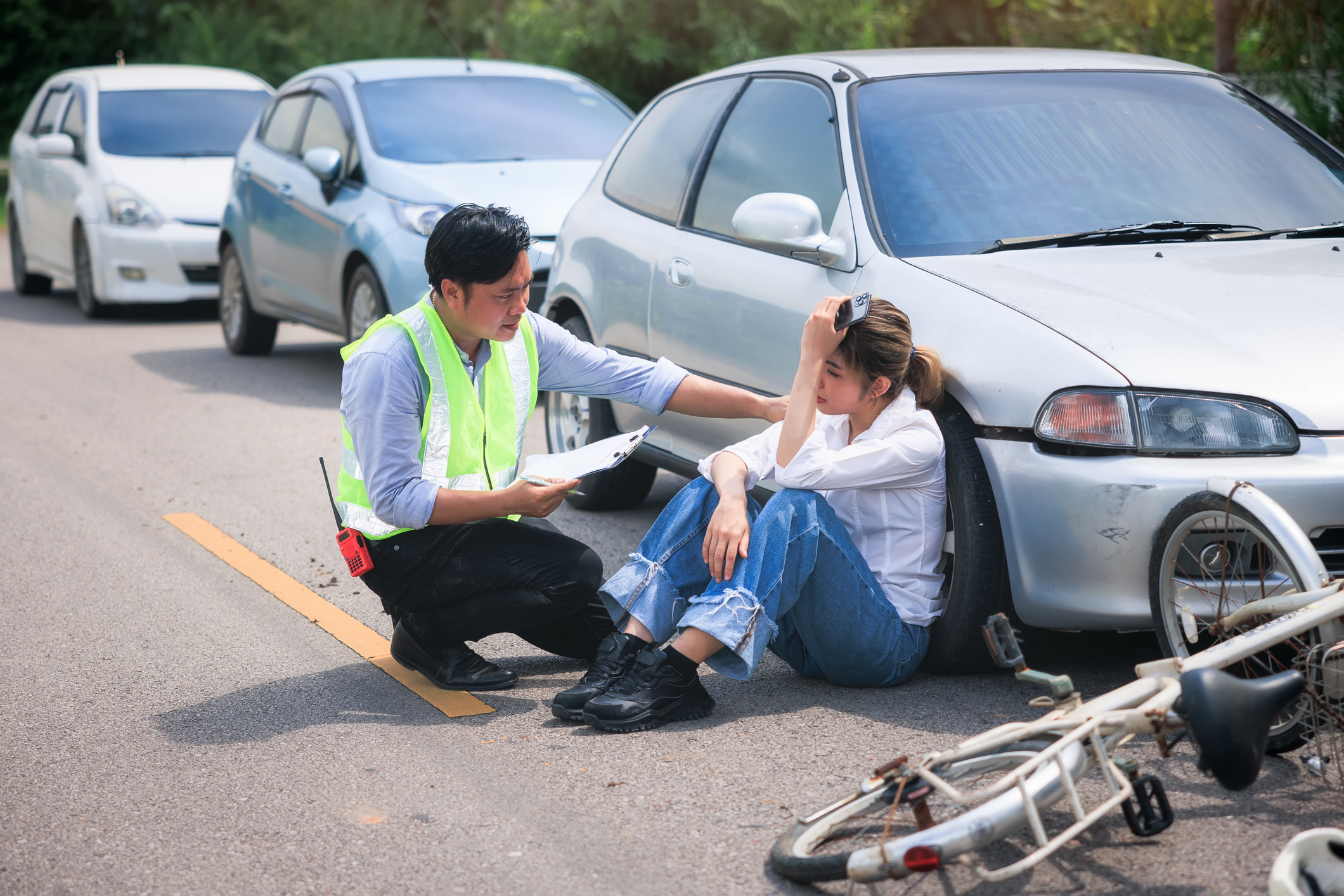Collecting Damages After a Car Accident
Florida is a no-fault state. This means that drivers must purchase a Personal Injury Protection (PIP) policy with a minimum limit of $10,000 to cover medical expenses and lost wages due to accident injuries regardless of who causes an accident. The plans must cover the insured, relatives living in the insured’s household, persons operating the insured’s motor vehicle, passengers of the motor vehicle, and people whom the insured’s motor vehicle struck.
PIP plans cover the following damages:
-
80 percent of all medically necessary expenses for medical, surgical, dental, X-ray, and rehabilitative services, up to $10,000, or more if the insured purchases higher coverage limits. Florida’s PIP requirement states that these medical expenses are to be covered as long as the insured seeks initial services and care within 14 days after the injury occurs. Massage and acupuncture are not covered by PIP.
-
Funeral and burial expenses of up to $5,000.
-
60 percent of lost wages, up to $10,000. This limit includes expenses for services that you would normally do but cannot due to your injuries, such as house cleaning or mowing your lawn.
Options if You Max out Your PIP Policy
Unfortunately, many people find that the minimum required $10,000 policy isn’t enough to cover the full costs of their injuries. Because of this, it is important to establish who was at fault for the accident and whose insurance is responsible for paying for the damages. Florida allows for non-economic damages such as pain and suffering to be sought through personal injury lawsuits only in cases where the injury is permanent.
Permanent injuries include the following:
-
Significant and permanent loss of an important body function.
-
Permanent injury within a reasonable degree of medical probability, other than scarring or disfigurement.
-
Significant scarring or disfigurement.
-
Death
The amount of your recovery will depend on how serious your injuries are as well as the surrounding circumstances. Common damages awarded in Orlando car accident cases include:
-
Medical bills: Medical bills will likely be your biggest cost after an accident. The goal of a car accident claim is to recover all of your medical costs, including past, current, and future medical expenses for injuries that occurred in the accident. This includes the cost of doctor visits, hospital care, long-term healthcare, and any rehabilitative services.
-
Lost income: Injuries often lead to lost time at work. A car accident claim can help you recover income lost as a result of your injury, including loss of future earning capacity.
-
Pain and suffering: Injuries are painful, both physically and emotionally. Pain and suffering damages are non-economic damages—they don’t come with a bill the way a doctor’s invoice will—and are one of the most variable components of your auto accident claim. The amount of your recovery will likely depend on how much your pain interferes with your quality of life.
-
Punitive damages: In some cases, the court may award punitive damages, which are used to punish the at-fault party in the event of aggravating circumstances, such as DUI.
-
Property damage.
-
Accessibility devices such as wheelchairs and lifts, and home renovations that are required for accessibility, such as ramps.
To prove your damages in your Orlando car accident personal injury case, you must show negligence on the part of the other driver. To show negligence, you must establish:
-
The driver owed you a duty of care to operate his or her motor vehicle in a safe manner.
-
The driver breached this duty of care.
-
The breach in the duty of care caused your injuries, resulting in the damages you’re seeking to recover.
You can lose important details and evidence of the accident long before the four-year statute of limitations runs out, so after an accident, if you think you might have a claim, you shouldn’t hesitate to seek legal help from the Law Office of Jerry Jenkins.
Can More Than One Party Cause the Accident?
Florida permits car accident lawsuits to name more than one at-fault party. Here’s how multiple parties can cause a single accident:
-
A distracted driver was on the job and driving a company vehicle at the time caused the accident. The employer may have hired someone with a history of driving infractions to drive that company vehicle.
-
Another driver rear-ended you because they were following too closely. However, their brakes may have also failed, making the parts manufacturer partially liable.
-
A driver who followed you too closely rear-ended you after they were rear-ended by vehicle behind them. You may show that both drivers followed too closely and were both partially responsible for injuring you.
-
A driver impaired by alcohol was driving someone else’s vehicle when they caused the accident. In addition to the drunk driver’s negligence, you may show negligence on the part of the owner of the vehicle if they knew that the driver was intoxicated or had a history of alcohol abuse and they let this person operate their vehicle.
What if You Were Partially to Blame for the Accident?
You can still seek compensation for the accident due to Florida’s pure comparative negligence rule, even if your own negligence was partially to blame. An example of this would be if the other driver rear-ended your car due to following too closely, but you also had a brake light out that may have prevented the other driver from seeing that you were slowing down or coming to a stop.


